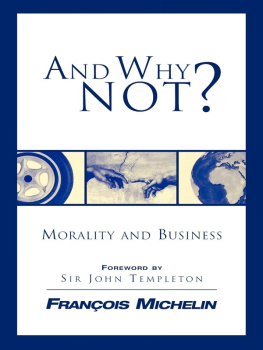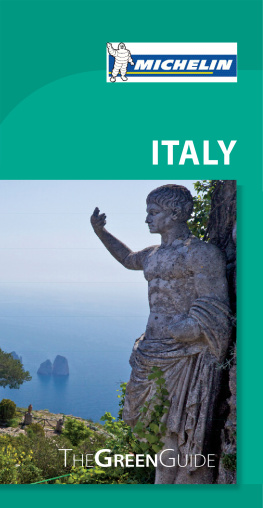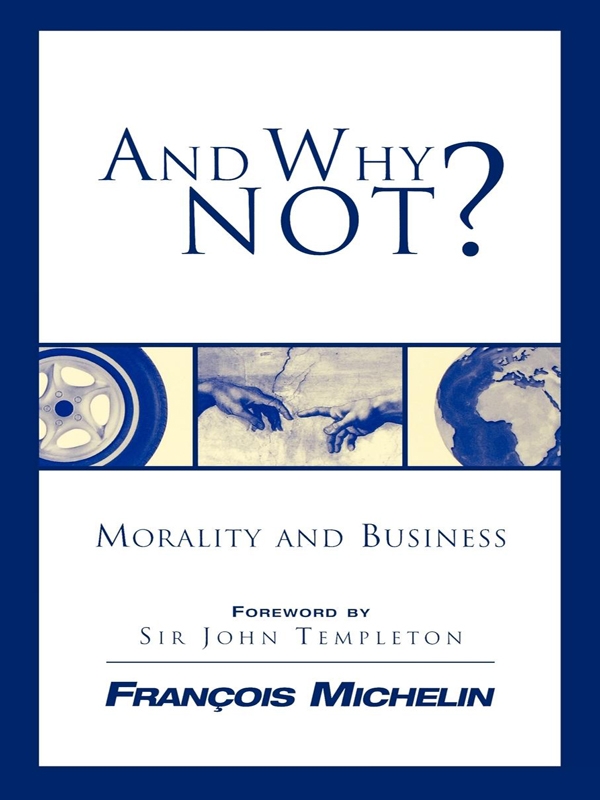The Five-Step Method
It is impossible, of course, to imagine being able to achieve a conclusive ending to a dialogue about people in society. The aspect of mystery that resides in every person is so greatbut it is possible to set down areas of fundamental agreement that allow some imposition of structure on this symphony of ideas.
What follows is an internal memorandum written by Edouard Michelin in 1912 and known in the company as The Five-Step Method. It rounds off, in a unique way, what we have spoken about.
Memorandum from Edouard Michelin Regarding The Five-Step Method
A majority of the difficulties that arise in the company between men and between departmentsnot to mention a majority of the mistakes that are madestem from the following causes, which the five-step method makes it possible to avoid almost every time:
- When a question has not been formulated with sufficient clarity . It is extremely rare for a question to be formulated properly right at the outset. You have to make clear where you are starting from. It can be said that a question that is properly formulated is a question that is halfway to being resolved.
- When your investigation has not been thorough. That is to say, when your reasoning has been done on the basis of incomplete facts. An investigation and analysis of the facts are of prime importance. Carnegie says that every time that he has lost money, it is because his investigation had been incomplete. If you look at the cathedral from rue des Gras, you see two spires on it. When you are inside, you cannot see them anymore, but you see the nave instead. When you see a squad of soldiers coming out of a small street, you do not know if there is a regiment or a brigade following on its heels. So, do not initiate your reasoning process by taking the fact that you have only seen the squad as the basis of your reasoning.
- When you have not considered all the possible solutions . In fact, it is often the solution rejected out-of-hand that would have worked.
- When you have adopted a solution without looking at all its disadvantages and dangers or its repercussions on other departments. Therefore, what needs to be adopted is the system that I have used for a long time, which I call the system based on the table of advantages and disadvantages (see below).
- When you have not considered the financial consequences. It is our goal to produce the best tires at the best possible price.
The Method Based on the Table of Advantages Versus Disadvantages
Take a piece of paper and divide it into two columns. To the left, write down a complete, numbered list of advantages. To the right, write down a complete, numbered list of all the disadvantages. Make sure that you keep it all on one sheet. Once the list is made, you indicate with checkmarks the numbered points that you find the most worthwhile, and you lightly cross out the points of argument that have been judged, upon closer examination, to be insignificant, making sure to keep them legible. This is an excellent tool that can help people get used to judge what constitutes a serious point of argument; that is to say, a point that needs to have a bearing on any decision that is made.
| Advantages | Disadvantages |
|---|
| 1. It requires questions to be formulated clearly and in a complete way. | 1. It takes time (but this is not wasted time). |
| 2. It requires a good inspection of every aspect of the question. | 2. It is boring. |
| 3. It requires a consideration of all the possible solutions. |
| 4. It allows one to foresee the dangers and thus to take precautions in advance against them. |
| 5. It leads to a search for the most economical solution, which is also generally the simplest and the fastest. |
Conclusion: The Five-Step Method Is to Be Adopted
I ask you to apply this method. If the boss, for example, does not use it, make sure that you point out to him that he is not using a good and useful method. The Five-Step Method should be the benchmark for every action that takes place within the company.
FRANOIS MICHELIN: This note, a decision from the boss, in which he, no less than his workers, obliges himself to live by its dictates, is a perfect illustration of the process on which basis Michelin has sought to build its fortunes. I know of no area of life in which it cannot be applied. Its essential virtue is that it allows each person to express himself and so, to derive benefit from all the other minds that are tackling a problem. How else can a society that is truly free and responsible be constructed? This is closely akin to the major problem that arises, I believe, from that dilemma that we all have in common, which has always fascinated me: namely, the choice between subject and object, between person and individual. Though demanding, it is also a marvelous source of potential progress.
Note and Explanation
Rue des Gras: One of the small streets close to the Michelin plant in Clermont-Ferrand.
The Factory
IVAN LEVA: When we broached the idea of a title for this work, what came to your mind was What the Factory Taught Me. You used the word factory. Why didnt you refer to the company?
FRANOIS MICHELIN: Company is a word that is currently very much in style, but so vague that it is getting hard to know what is implied by it. Also, it is somewhat nondescript. Factory , on the other hand, conjures up notions of machines, things that are produced, and, most important, men and women who are employees, customers, and shareholders.
I have often asked people outside our company, who, they thought, was the most important individual in it. Their answers take on the coloring of their respective political or social opinions. For some, it is the employer; for others, it is the union leader or the workers or the supervisor, or occasionally the controller or sales manager. You are mistaken, I say to them. The most important individual is the customer. Their reply is that the customer is not a part of the business. But when I have a large stock of tires sitting in the warehouse, what can I do? How do I pay wages? I reply. When a product is manufactured, whether it be tires or tape recorders, wealth is only created once they are sold. The customer is not only an integral part of the company, but he enjoys a fantastic transcendent relationship to it because he can remain faithful to it or, on the contrary, take his business elsewhere whenever he wants. The customer is nothing like the captive audience that the taxpayer is. I feel like saying that the company is like a verb whose subject is the customer.
IVAN LEVA: But the customer is an outsider to the business. He never goes there. He stays at a distance. You cannot put a face on him.











